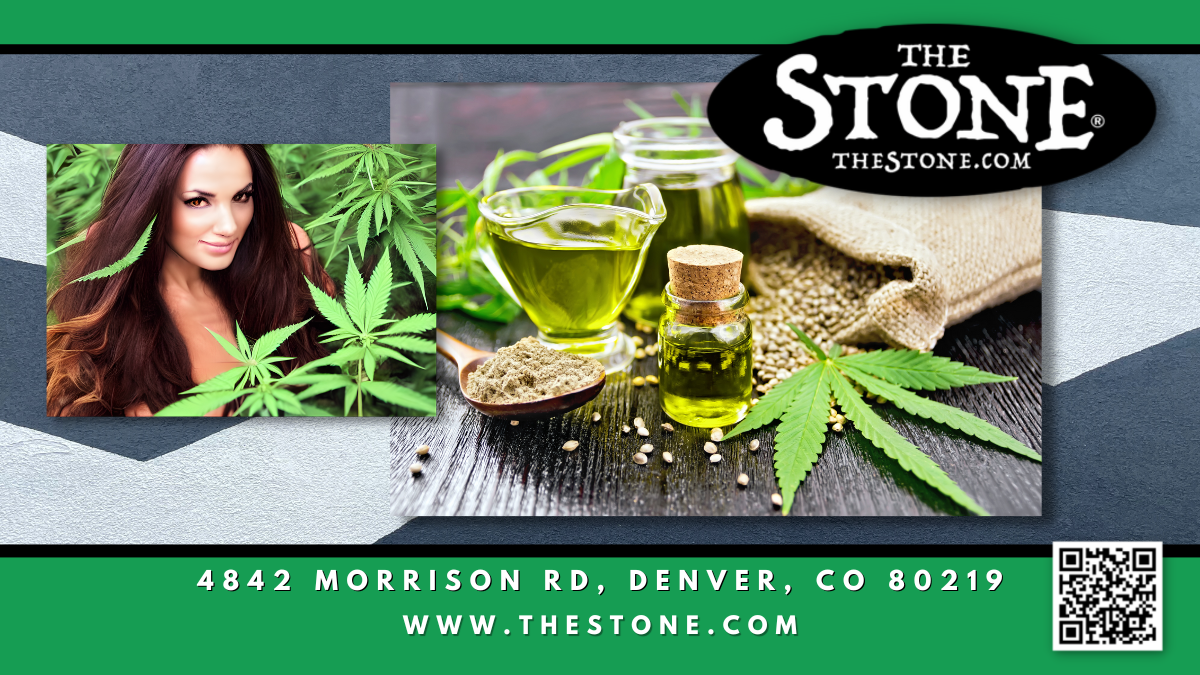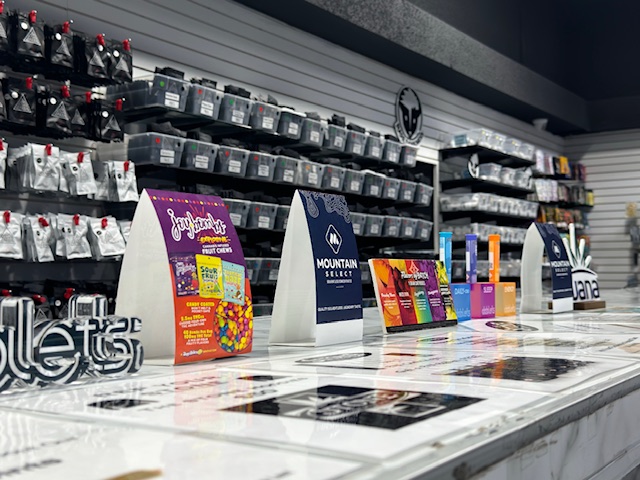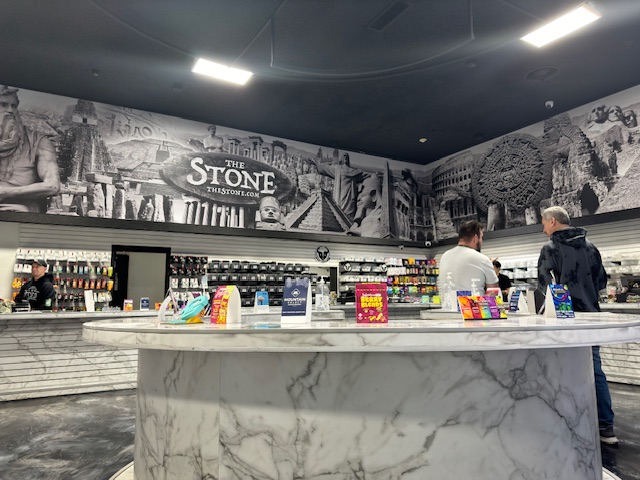
This website is for users aged 21 and over. Please confirm your age.

What is industrial hemp? It is a variety of Cannabis sativa plants grown for industrial uses. It has a wide range of applications, including rope, clothing, paper, and construction materials. Unlike other types of cannabis, it contains deficient levels of THC (the psychoactive compound that gives marijuana its recreational effects). This makes it an ideal material for several industrial and commercial applications.
Growing it is not difficult and can be done in any climate. There are a few things to keep in mind, however. First, the plant must be started from seed or clones (cuttings from mature plants). Second, industrial hemp grows best in well drained soils with a pH between 6.0 and 7.5. Third, the crop should be spaced at least four feet apart to allow proper air circulation and light penetration.
Harvesting industrial hemp is a relatively simple process. The plants are cut down when they reach their desired height (between six and eight feet). They are then left to dry in the field. After the plants have been dried, they can be processed using standard harvesting equipment.
Due to the efforts of George Washington and Thomas Jefferson, it is thought to be native to America. In reality, it’s an old-world plant with origins in Asia. It probably originated in China or Russia, spreading over Europe millennia ago. The first recorded paper was made out of hemp fiber around 200 A.D. n China; Subsequently, it spread throughout the world over the next two thousand years.
It became a significant industry in some areas until the invention of the cotton gin suppressed its use. This made short-staple cotton profitable at a low cost. It was pushed out in parts of the world where it had been a staple crop for thousands of years; the remains of its former range were limited to remote areas. Russia, China, and other countries grew it as an essential crop until around 1900. The last known commercial hemp field was planted in Wisconsin.
Hemp is a low-growing, fibrous plant with long stems and a deep taproot that stays behind it in the soil, with abundant carbon-rich organic material. One acre planted with it can grow more than four tons of CO2 per year. One acre produces as much cellulose fiber (the raw paper material) as 4-1/2 acres of trees.
It can have energy and build materials stronger than wood, concrete, or steel and much more efficiently, converting sunlight into biomass as a fuel source through photosynthesis. Industrial hemp could make it possible to end the gasoline age tomorrow!
Its fiber became a significant component of aircraft construction because it is strong but lighter than steel. That year, the Marihuana Tax Stamp Act was passed, requiring anyone who dealt commercially in cannabis to have a stamp stating that they were doing so legally. That significantly reduced cultivation at the time. Later in the 20th century, with rising environmental concerns and government subsidies for industrial agriculture, farmers began planting crops that required fewer pesticides and less water.
As a result of all these factors, hemp cultivation for legal purposes has been re-allowed in many countries (although not yet in the U.S.) since it doesn’t have the side effects that can occur with more traditional crops like cotton. Today, hemp is grown for industrial purposes in over 30 countries, including Canada and the U.S., and it’s experiencing a resurgence as an environmentally friendly crop because of the growing awareness of its multiple uses.
How can you grow industrial hemp? In Colorado, farmers may now obtain a permit from the Department of Agriculture to plant or harvest this critical crop that can provide many resources for the future of Colorado agriculture. The legislature has taken steps to enable the industry to flourish, and they must be applauded for their efforts. However, more needs to be done as too many barriers prevent free trade in industrial hemp products from growing industries worldwide.
There are many advantages to growing industrial hemp. It is a versatile crop that can be used for various applications. It is easy to grow and does well in multiple climates and soil types. Additionally, hemp produces high yields per acre, making it an economically viable option for farmers. Lastly, it is a sustainable crop that does not require pesticides or herbicides.
Contact your local agricultural extension office for more information if you are interested in growing industrial hemp. They can provide you with instructions on how to get started.
As the legal landscape around marijuana changes, more and more people are interested in trying out dispensaries.
But with so many to choose from, how do you know which one is right for you? Below, we outline some of the best tips for
finding the perfect dispensary in Denver.
The first step to finding a great dispensary is to do your research. Read reviews online, ask friends for recommendations, and
look up different dispensaries in your area. Once you have a few options in mind, you can narrow down your search.
When choosing a dispensary, it’s essential to consider your needs. Are you looking for a specific type of product?
Do you have any dietary restrictions? Do you want to be able to order online or in-person? By considering your needs, you can
narrow down your options and find a dispensary that’s a perfect fit for you.
Marijuana dispensaries offer a wide range of products at different price points. When you’re narrowing down your options, it’s
important to compare prices to make sure you’re getting the best deal. Keep in mind, however, that cheaper isn’t always better.
Be sure to read reviews and check out the quality of the products before making your final decision.
Many dispensaries offer discounts to first-time customers or those with certain medical conditions. If you’re eligible for a
value, be sure to ask about it when making your purchase.
When you’ve finally found a dispensary you’re comfortable with, it’s time to check the quality of the products. Inspect
the packaging, smell the product, and ask the budtender any questions you might have. If you’re not satisfied with the
quality of the product, don’t hesitate to ask for a refund or exchange.
By following these tips, you can find a great dispensary in Denver that meets all of your needs. With so many
options to choose from, taking the time to find the perfect one is worth it. By doing your research and knowing what to look for, you can be sure to find a dispensary that’s an ideal fit for you.
We warmly welcome you to explore our highly acclaimed strains, concentrates, and edibles. Serving recreational clients with pride is our passion.
At our dispensary, you'll find a professional yet inviting atmosphere that prioritizes your comfort and privacy. Feel free to stop by at your earliest convenience to experience it for yourself. We can't wait to serve you!


